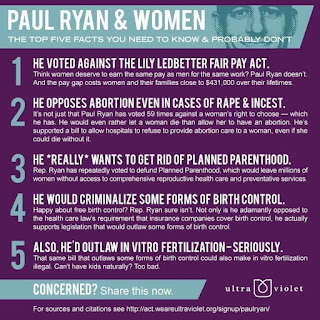To give one example, there’s that Scottish bank run disastrously
into the ground by its West of Scotland executives who, speculating on asset
values, lent too much to too few people while taking no where near enough security
to protect their company’s interests. Obviously, I’m talking
about the 1878 failure of the City of Glasgow Bank. Obviously. Since then banking has become a much, much more sophisticated activity and no banker would ever be fuckwitted enough to adopt a similar “business model", give or take the ones that have.
To be fair, the work chat I mind from a couple of years back was that business cycles last 6 years; 4 to learn the lessons of the last disaster and another 2 to forget them. This implies that in banking, greed, arrogance and stupidity are both timeless and recurring. Given that, let’s compare and contrast what happened to the bods who knacked the City of Glasgow Bank with today’s high flying “wealth creators”.
As if to emphasise the difference between then and now, the late historian Sydney Checkland described the City of Glasgow Bank’s board when it failed as “mediocrities and men of straw”. All of them, plus the Bank’s manager, were soon had up before the High Court in Edinburgh, found guilty of various offences and given jail sentences ranging from 8 to 18 months. Thankfully, today’s “wealth creators” are treated with much more respect; when they go a tad awry, the worst they can expect is a fine equal to only a fraction of their personal wealth or the loss of a knighthood, but prison? Heaven forbid.
Another difference between then and now was that the City of Glasgow failure taught the late
Victorian bourgeoisie the limitations of unlimited liability; because it was an unlimited concern the Bank's 1,819 shareholders were liable for all of its obligations and after these were met, only 254 of them remained solvent. Funnily enough, the City of Glasgow Bank failure was
followed by a new Companies Act in 1879 and with it the widespread adoption of
limited liability; unlimited liability, or what a Vince Cable might call shareholder activism, having previously been regarded as a built-in
check on management, was suddenly recast as a barrier to investment and as such something
to be got rid of pronto for the good of the economy.
Fast forwarding to today, rather than any change sensibilities, I'd argue the structural changes made to the financial obligations of asset owners/shareholders (i.e. the rich) underpin the change in how “wealth creators” now get treated. Then, shareholders got fucked. Now? It’s the taxpayer. Then, the
people who ran banks that fucked up and fucked the finances of
the rich got the jail. Now? Less so. See the difference?
As for the rhyme, it sounds like Berkshire Hunt(s).
As for the rhyme, it sounds like Berkshire Hunt(s).





